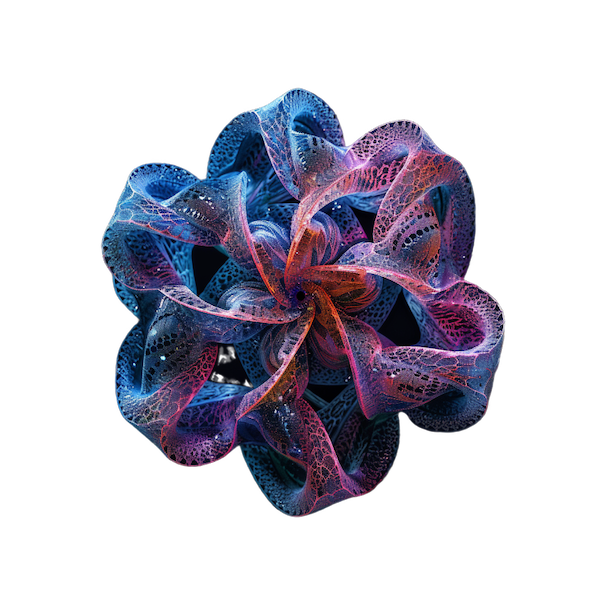
Writing a fictional narrative podcast series to communicate cognitive science

Background
We live in a world where the disparity between arts and science is greater than it has ever been. Yet, at the same time, with the development of TED talks and the popularity of public science books, people are more curious than ever about the inner workings of our world. Fiction teaches people about the world in ways real life never can. By shifting our perspective into the unknown, all the rules of normal life disappear, and we are able to appreciate the world we live in, recognize what makes us human, and explore what makes life worth living, without the constraints of reality. It allows the unimaginable to be imagined, and inspires the fantastic to be made real.
I'm Morgan, a fourth year student in Cognitive Science with a minor in Communication Studies. My project is a fictional narrative that communicates the power of the mind through a storyteller's search for a place to call home. In its current form, the H.O.M.E. podcast is written in a six-episode arc, where each episode communicates information about a different topic in the field of cognitive science through the adventures of the protagonist, Eve. Co-released with each episode is an interview with a female scientist currently engaged in relevant research, to give listeners more information on the topic. Stay tuned for the first episode!
Magic of the Mind
Fiction teaches people about their own world in ways real life never can. By shifting someone’s perspective into the unknown, all the rules of normal life disappear. Without the constraints of reality, one is able to appreciate their world, recognize what makes them human, and explore what makes life worth living. It allows the writer to create a world that is specifically designed to communicate difficult topics.
My idea for my BLUE internship project is to use a fantasy narrative to communicate scientific topics through the form of a podcast. My narrative is that of a female scribe, named Eve, who travels around her fictional world in search of a place to call home. Along the way, she meets interesting characters who teach her about different subjects, all of which have a scientific equivalent in our world that the listener could take home with them. To minimize world-building, I set my podcast in the Forgotten Realms of Dungeons and Dragons, allowing me access to the places, tropes, and characters of this world.
Growing up with a father in the U.S. Army, my international upbringing taught me the importance of relationships when home is more than a physical place. I’ve also been lucky to have an education in cognitive science, where I’ve been able to learn about all the incredible capabilities of our brains. I wanted my project to communicate the wonder of the world I’ve experienced through by intertwining the emotions of a fictional narrative with scientific knowledge and thus address the innately human themes of belonging, love, and hardship. To me, all of these themes are inextricably tied to the idea of home.
To explore Eve’s search for home and to communicate the theories of cognitive science that most fascinated me, I wanted the take-away message to be that home isn’t a place one finds, but a community one builds. I wanted listeners to appreciate the mind’s power to construct its own reality, and to come away from each episode with a greater understanding of the real-world magic of their own mind.
As the process progressed, I realized that more technical scientific theories would be difficult to communicate in the narrative without losing some of the story. I decided to focus on “stealth learning,” where the subject matter of science is subtly woven into the script, and keep creative writing as the focus of the fantasy podcast. To ensure that I communicated the science in the depth it deserves, I decided to interviews female scientists who do active research in the field addressed, and to release them simultaneously so listeners could learn more about each topic following the story.
To explore the subjects I found most interesting and pertinent to the theme of home, I structured the story around six episodes: language, attention & perception, memory, emotions, relationships, and identity. Each episode follows a typical narrative arc, culminating in a finale which finds Eve overcoming a number of obstacles and recognizing home in the people around her.
Over the course of the BLUE internship, I’ve learned that podcasts are a lot more work than I initially thought, and that audio editing is an art and science of its own. I’ve learned that any creative process takes an enormous amount of collaboration, and the more people I can get input from, the better the final product becomes.
In creating this podcast, more than the work itself, I have found a group of people who think my ideas matter. I’ve made a second home, somewhere I can come and be inspired by fantastic humans. I feel incredibly lucky to have benefits given the chance to be a part of this exceptional community. More than anything, I have built confidence in myself and my creativity through this project at Building 21. Thank you so much to everyone who has made this possible.

.svg)




